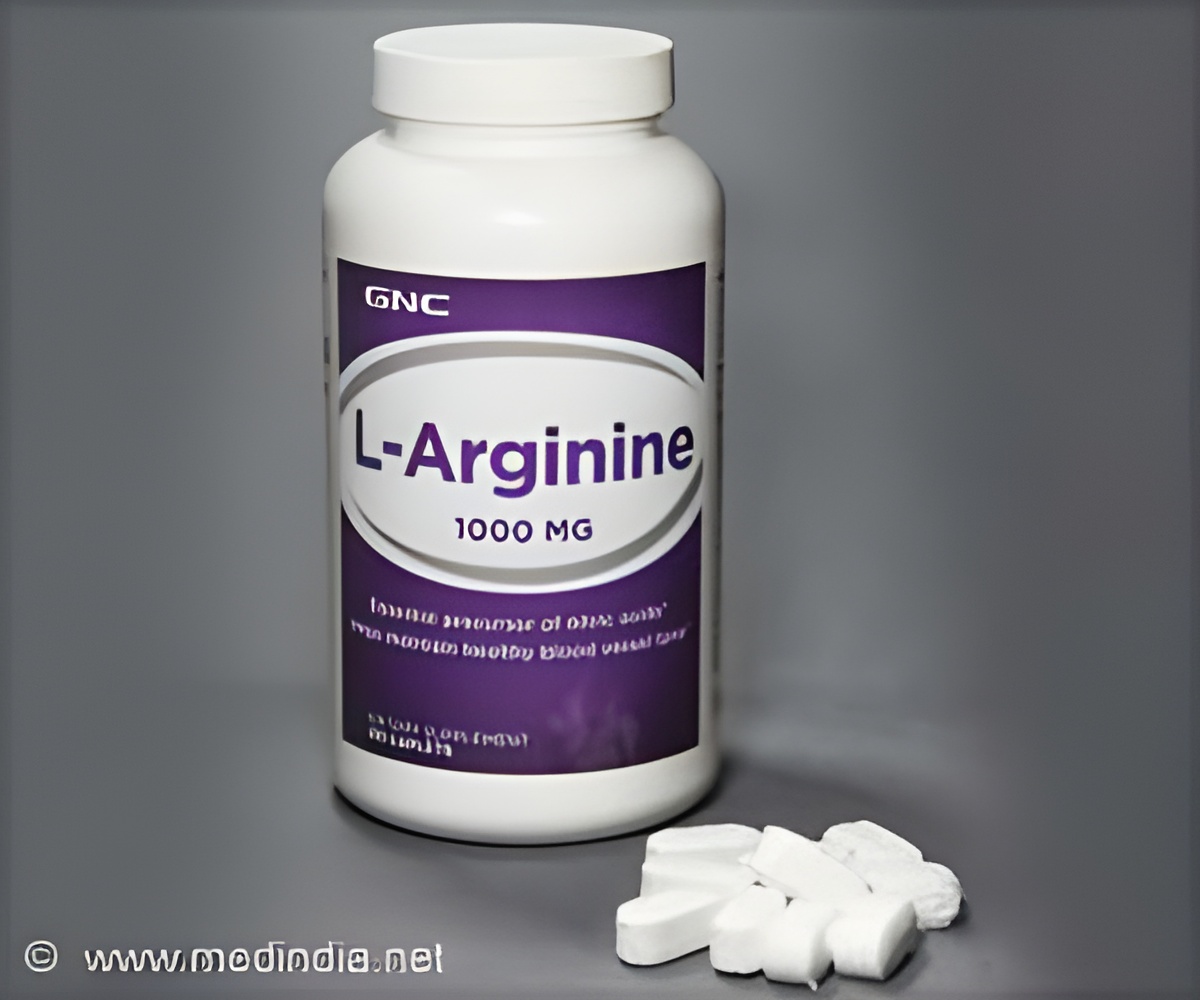Arginine aminoacid present in fish was found to influence the multistep process that results in cancer, found a new study.

‘In human cancers, the arginine amino acid was limited, prompting the cancer cells to seek a clever genetic workaround.
’





On a cellular level, arginine plays a role in a variety of processes, from nitrogen waste disposal to protein synthesis. It’s also one the few amino acids that has been shown to regulate how immune cells react to cancer and other sorts of immunologic triggers, Hsu says.
Its deficit, for instance, is linked to the inflamed tissues of people with Crohn’s disease, ulcerative colitis, inflammatory bowel disease, or an H. pylori infection, whose tissues can have low levels of arginine. If people with these conditions do not get treated, they have a higher risk of developing stomach or colon cancer.
Arginine Signaling and Cancer Metabolism
The researchers uncovered the arginine-cancer connection as part of a larger study on codons, triplets of DNA bases that each contain the recipe for producing a single amino acid. In combing through the Cancer Genome Atlas, Hsu documented thousands of instances of codon mutations, but one stood out amongst all cancers: arginine codons, which were lost during mutations far more than they should’ve been. Stomach and colorectal cancers showed the most dramatic deficiency.“This was a very surprising discovery that we were not expecting,” says Tavazoie.
The researchers don’t know how the initial arginine drops came about. “We think that some cancers develop under low-arginine conditions and carry this history in their DNA,” says Hsu.
Cellular Malnutrition
Hsu and his co-authors spent months in the lab growing cancer cells, and then starving them of arginine. As they put the cells through multiple rounds of cellular malnutrition, the cancer cells began mutating as they tried different ways to secure access to a renewed supply of the dietary essential. Not all of these strategies worked. One successful method was increasing the amount of amino acid transporter proteins so that the cells could more efficiently take up arginine and other amino acids. But even these functional knockoffs tended to be meager sources. Meanwhile, the errors compounded as the cells replicated, resulting in changes to the genome such as mutated genes and misshaped proteins.In another experiment, Hsu found an increase in the number of mutations towards codons that produce amino acids that were more abundant in the environment of the cancer cells. These suddenly became more appetizing to the cancer cells, which seemed to be trying to make do with what they had—akin to cobbling together a meal out of a few random items that happen to be in your fridge.
Linking a specific nutrient to a specific DNA change through this sort of so-called directed evolution “had not been reported before to our knowledge,” Tavazoie says.
Advertisement
“You have a bunch of random, abnormal-looking proteins because of all the mutations, and those are more likely to be recognized by the immune system as something that shouldn’t belong there,“ Hsu says. Once deeply mutated, arginine-starved cancer cells that might’ve been able to fly under the radar of the immune system might now be waving a tattered red flag at it.
Advertisement
Source-Eurekalert









